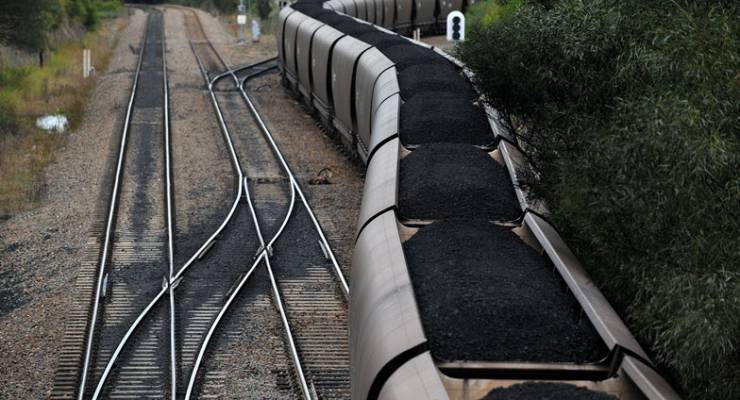
Yesterday’s energy policy announced by Scott Morrison and Energy Minister Angus Taylor — the latter presumably flown in from the undisclosed location he is normally hidden in — is what happens when a government gripped by wide-eyed political panic confronts the collapse of neoliberalism and rampant climate denialism.
It’s a package that would have been literally unthinkable five years ago, or even before the 2016 election. It not merely reverses course on two shibboleths of neoliberal thinking — deregulation and privatisation — it does so at high speed, and with a near-complete disregard for consequences.
So now we’ll be returning to de facto price regulation, with a “a maximum default offer price ” to be determined by regulators in each market. Only, it will take the regulator until after the next election to determine the price caps, so the government says it will force companies to “independently lower standing offer prices” by the start of 2019 so that Morrison can claim price falls while campaigning. From a system of price regulation in which incumbents gamed the regulations to gouge customers, we’ve moved to a system of price regulation based on the electoral cycle.
The ACCC will also be given a full suite of punitive powers to use against energy companies — “fines, penalties, enforceable undertakings, structural separation and divestiture”. Having presided over an economic and financial system that encouraged oligopolies and concentration of market power for 16 of the last 22 years, the Coalition is now furious at the result — dominant companies that use their market power to gouge customers — and wants to give the competition regulator a trust-busting power to deploy if other regulatory powers fail.
Well, good on them for seeing the light. Only, what’s good for energy is good for other key sectors where market concentration has produced negative outcomes for consumers. Why not threaten to break up the Commonwealth Bank? Or private health insurers? Or the supermarket chains? Or News Corp?
The energy sector only has itself to blame for the massive regulatory push it now faces. It exploited its power so egregiously it now faces a backlash it is powerless to resist. That doesn’t mean all of its criticisms of the government’s proposals are false. The more regulation the government heaps on the sector — especially price regulation — the more it will entrench the power of AGL, EnergyAustralia and Origin, who have the capacity and deep pockets to handle ever greater regulation compared to smaller companies that will struggle.
Then there’s the biggest reversal of all: the side of politics that has preached the need to privatise anything and everything, including the ABC, wants to enter the power generation industry itself by funding the generation of “firm or firmed generation capacity” or what Scott Morrison continues, childishly, to call “fair dinkum power”. This “Underwriting New Generation Investments program” will be a massive slush fund for coal-fired power, to be delivered via a range of means, including loans, yet to be finalised. So eager is the government to establish this fund before the election — so it can contractually lock the Commonwealth into funding new coal-fired power stations even if it loses — that it hasn’t bothered to design the program. Instead, it will “consult” with industry over coming weeks about what ways it can channel funding to coal-fired power.
This measure began life as a suggestion from the ACCC to disrupt the market power of the big three, in the absence of a divestment power. The government still insists the purpose of the program will be “to increase competition”. But given the government will be handing the ACCC a divestment power, the program is entirely redundant from a competition perspective. Why should the government risk billions of dollars funding new generation capacity when it can force the big three to break up?
Because it provides a figleaf for funding coal-fired power.
The only emissions-related restriction of any kind in the slush fund will be that “the project would be unlikely to result in an increase in electricity sector emissions to a level that is more than minus 26% of the sector’s 2005 levels by 2030”. Well, no single project, or even several projects, is going to do that anyway, especially with the “unlikely” loophole, and not when our fleet of dirty, ageing coal-fired power stations switch off in coming years.
It’s garbage policy — poor on economics, poor on climate science, poor on good governance.








Crikey is committed to hosting lively discussions. Help us keep the conversation useful, interesting and welcoming. We aim to publish comments quickly in the interest of promoting robust conversation, but we’re a small team and we deploy filters to protect against legal risk. Occasionally your comment may be held up while we review, but we’re working as fast as we can to keep the conversation rolling.
The Crikey comment section is members-only content. Please subscribe to leave a comment.
The Crikey comment section is members-only content. Please login to leave a comment.